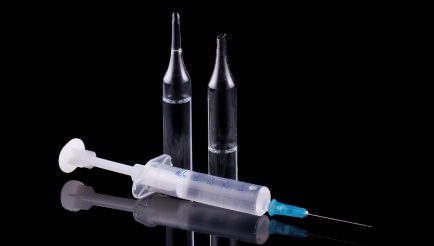Mass Immunisation Program Tackles Welsh Measles Epidemic
 A measles epidemic in South Wales has seen a return to a mass immunisation program on a level not seen in the UK in decades. With almost 700 cases reported in a matter of weeks, health officials established drop-in clinics in Swansea, Cardiff and a number of other towns in a desperate attempt to halt the spread of the epidemic.
A measles epidemic in South Wales has seen a return to a mass immunisation program on a level not seen in the UK in decades. With almost 700 cases reported in a matter of weeks, health officials established drop-in clinics in Swansea, Cardiff and a number of other towns in a desperate attempt to halt the spread of the epidemic.
Everyone born after 1970 who hasn’t already had the MMR (measles mumps rubella) jab has been offered the immunisation with Public Health Wales (PHW) focusing its efforts on getting as many children under the age of 17 to come forward to be vaccinated against the disease.
PHW officials say the jab is the only effective way to protect people against measles, which has an incubation period of several weeks. The effects of the immunisation programme are expected to take around four weeks to show up.
While several thousand people had been vaccination at the special drop-in clinics across the region by early April, health officials expressed concern that at least 6,000 children in the Swansea area had still not received the MMR vaccine.
Cases of measles have been rising in England and Wales over recent years. The rise has been blamed on the controversy around the MMR vaccine that began in the late 1990s when Dr Andrew Wakefield published research claiming a link between the jab and autism. His research has been widely discredited but the furore around his work led to many parents refusing to have their children vaccinated.
The World Health Organisation says vaccination rates need to be at 95% to ensure the population is fully protected from a measles outbreak and recent figures from England and Wales suggest vaccination rates are edging towards that figure. However, that still leaves a gap of tens of thousands of children every who are not immunised and are therefore susceptible to contracting measles and helping the disease to continue to circulate.


Comments are closed.